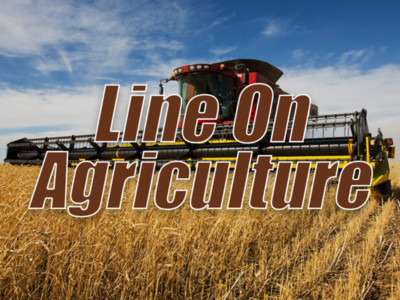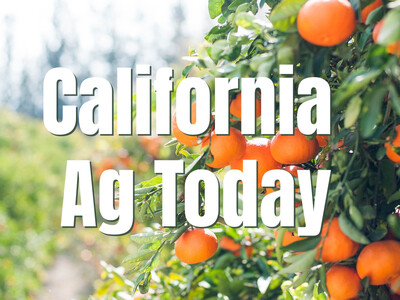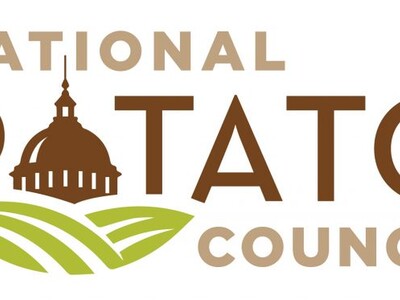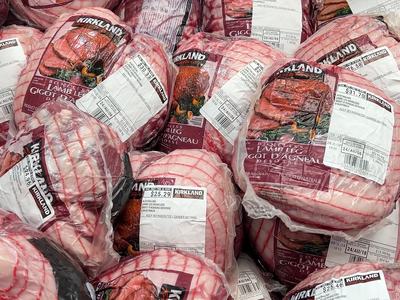Using the RFS
Using the RFS. I’m Greg Martin with today’s Line On Agriculture.
The EPA recently proclaimed that the nation’s Renewable Fuels Standard – or RFS - has some wiggle room. The RFS is the law that requires transportation fuel sold in the U.S. to contain a certain amount of renewable fuels, such as ethanol or biodiesel, to reduce our reliance on oil. Big Oil claims the law will cause “economic harm,” but the EPA decided the mandated volumes for 2013 just need to be tweaked.
ERICKSON: EPA does have the flexibility to adapt within a changing environment. The world is changing quite frankly. We had the recession. We have CAFE standards which are higher fuel efficiencies within our transportation system.
American Farm Bureau energy economist Matt Erickson estimates that contributed to Americans using almost 10 billion fewer gallons of gasoline this year than in 2007 when the law was passed. That decline made the mandated amounts of renewable fuels unrealistic. But Erickson says the beauty of the law is that it can be flexible and still beneficial.
ERICKSON: It’s reduced our dependence on foreign crude oil. Now we’re importing over 40 percent instead of 60 percent that we saw in 2007-2008. It also creates good paying jobs in rural America, creates environmental benefits to society. It’s a good energy policy and I’d rather have my energy source come from a farmer than a Middle East dictator.
Erickson points out that abandoning the RFS now would pull the plug on new technology to produce fuel out of plant waste, called cellulosic ethanol.
That’s today’s Line On Agriculture. I’m Greg Martin on the Ag Information Network.

















